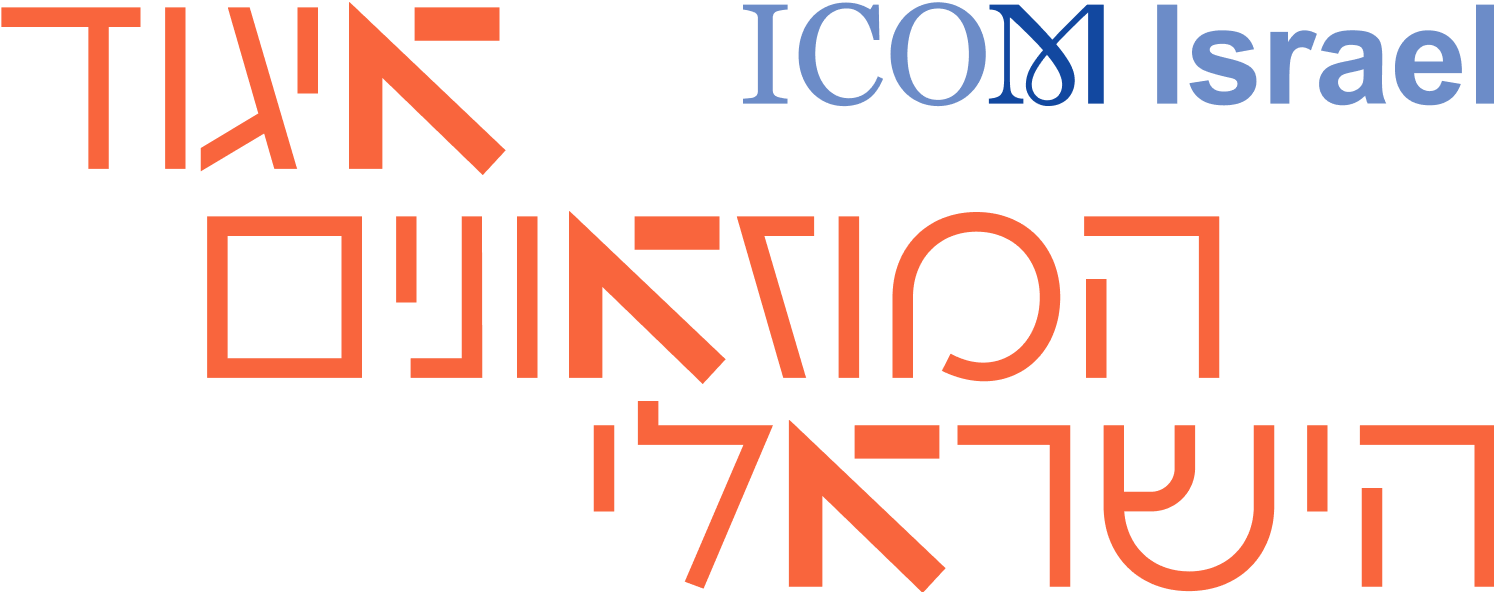Religion on the Move: How Motion and Migration Influence Religion
10th Conference of the SIEF Working Group on Ethnology of Religion
Szeged, Hungary 12-14 September, 2012
In many ways movement is an important aspect of religion and
spirituality. Not only has the significance of motion within the
practice of religion and rituality increased (Coleman & Eade 2004),
but also, through the movement and migration of people all over the
world, religions and religious practices are relocating and changing
(Jenkins 2007).
Movement is significant for the practice of many religions. It seems
that motion has been gaining in importance and that the performative
expression and execution of religious practice play a stronger part
than they used to do. There might be related to the more participative role of believers in religion and rituality and the enhanced relevance of individuals `doing' religion. The popularity of walking the many pilgrim ways through Europe is an example of that trend, while other expressions of movement like dancing, meditations, processions and other rituals also seem to be more in focus.
A second strand of movement is connected to migration for, by moving,
people bring faiths and religious practices to other places in the
world where they were not previously known or practised. Nowadays,
through mass migrations, refugees, displacements because of war and
other translocations, religions and beliefs can expand both spatially
and quantitatively. These are processes in which the faiths which are
moving are being transformed, and the religion(s) of the areas in
which people and their religion are newly settled are likewise
affected (examples include Islam in Europe and the new Christians from
Africa in Europe). Sometimes beliefs are appropriated through tourism
or by `spiritual seekers'; aspects of Eastern religion and esoterism
have been imported to Western society. In that regard the Internet has
become a migratative instrument, in its capacity of `posting' religion
all over the globe and into people's homes, regardless of what
religion is practised there. The extension of religion through
(digital) migration has an impact on social, cultural and political
contexts (Woodhead et al. 2002). The movement of religion might lead
to an adaptation to new circumstances, to inculturation, but also
potentially to a transformation in the religious constituents of the
local culture as well. Sometimes there is openness and religion finds
new host communities. Evangelical, Pentecostal, neo-Pentecostal
churches have spread across the Atlantic Ocean to Europe (Coleman
2007) and so have Afro-American religions, as Candomblé, Umbanda, or
Santeria cubana (Capone 2004; Saraiva 2010). Sometimes the members of
the host country become involved in such new practices, but movement
may also lead to segregation within host communities and contested
situations.
Papers connected to these two research strands on movement and
religion are welcomed; one could for example think of the following
topics:
• The influence of migration on religion
• Movement as constituative element in religion and rituality
• Effects of globalisation and transnationalism on religion
• Changes in religion through digital movement, via the Internet.
• Movement and spatiality related to the practice of religion
Format: the conference takes place over two days, followed by an
excursion on the third day. Paper presentations are limited to 20
minutes each, followed by ten minutes of discussion. In total 20 paper
presenters will be selected. Colleagues who do not present a paper are
welcome to participate in the conference and its discussions. A
business meeting of the SIEF Working Group on Ethnology of Religion
will be held during the conference.
Organizers: the conference is organized by the Department of Ethnology and Cultural Anthropology of the University of Szeged together with the Bálint Sándor Institute for Research on Religion and the International Society for Ethnology and Folklore (SIEF).
Venue: University of Szeged and Gál Ferenc Theological College of Szeged
Fee: the conference fee is 60 €, including conference materials,
reception, coffee, brunch, excursion.Participants are responsible for travel and accommodation; there is no funding for expenses available.
Application: submit an abstract of your paper of maximum 300 words,
together with your name, position, and institutional affiliation to
Dr. István Povedák povedak@yahoo.com by March 15, 2012. The selection
of the papers will be done in collaboration with the Board of the SIEF
Working Group on Ethnology of Religion. The final selection will be
communicated by April 1, 2012.
Contacts: povedak@yahoo.com, peter.jan.margry@meertens.knaw.nl
__._,_.___





